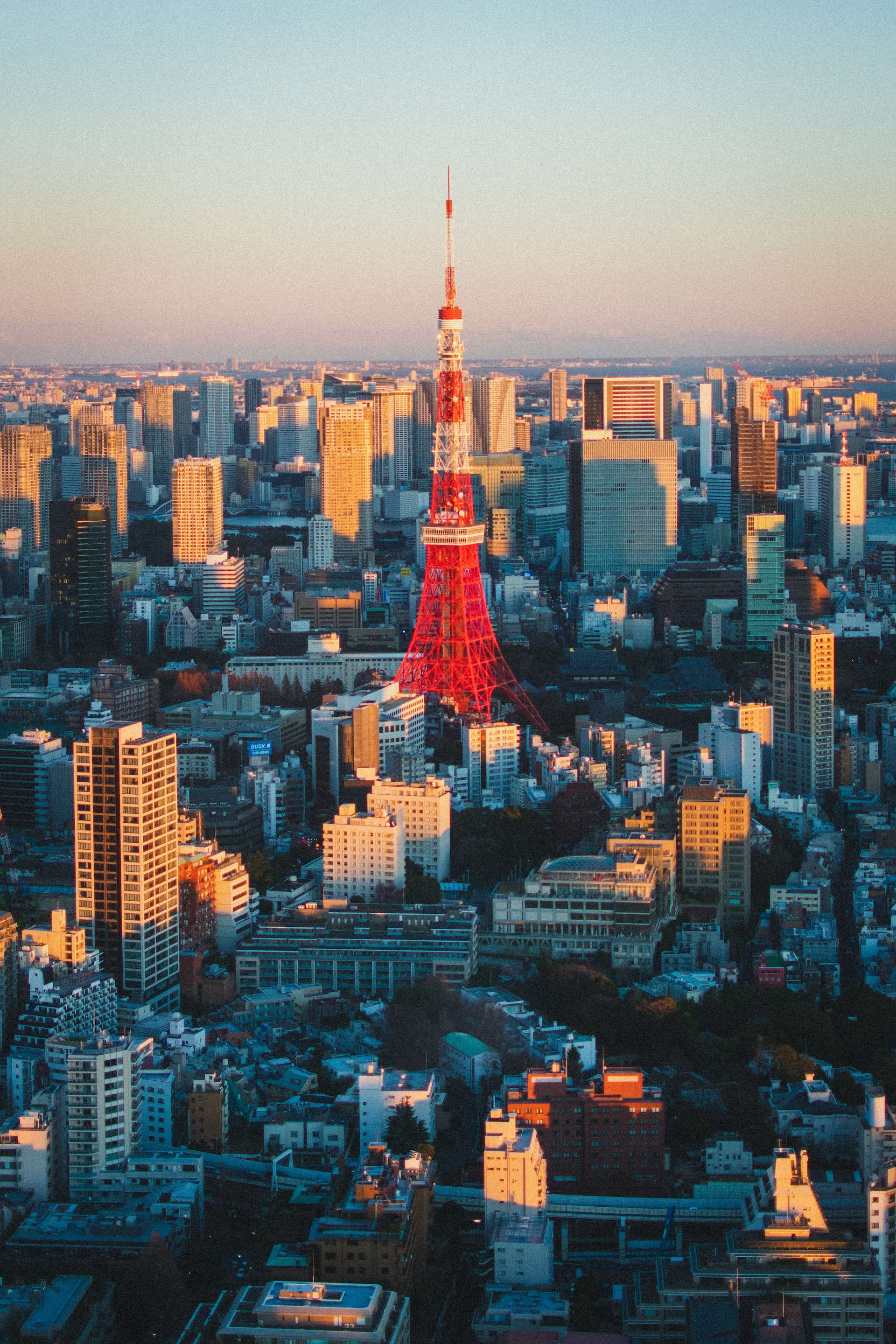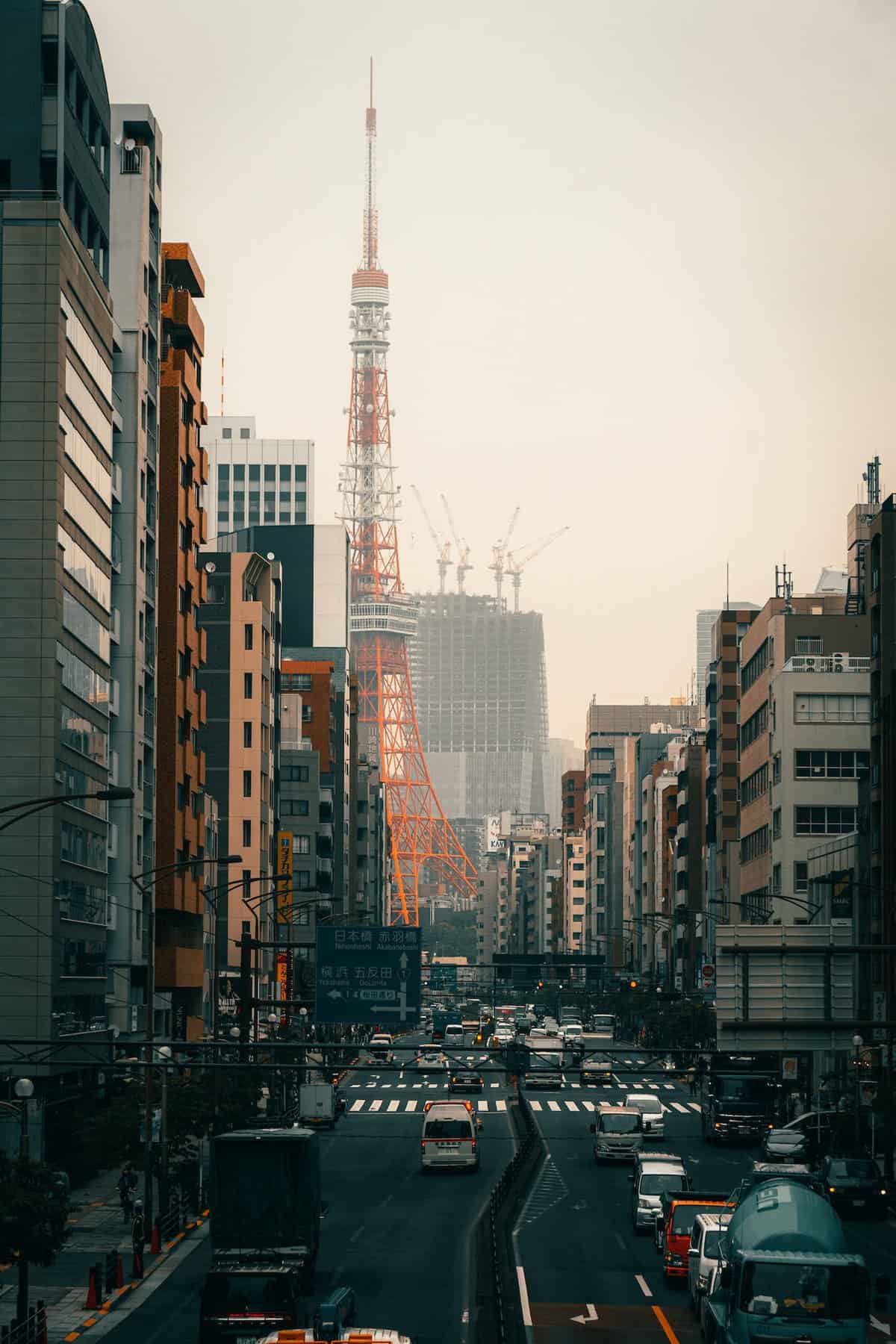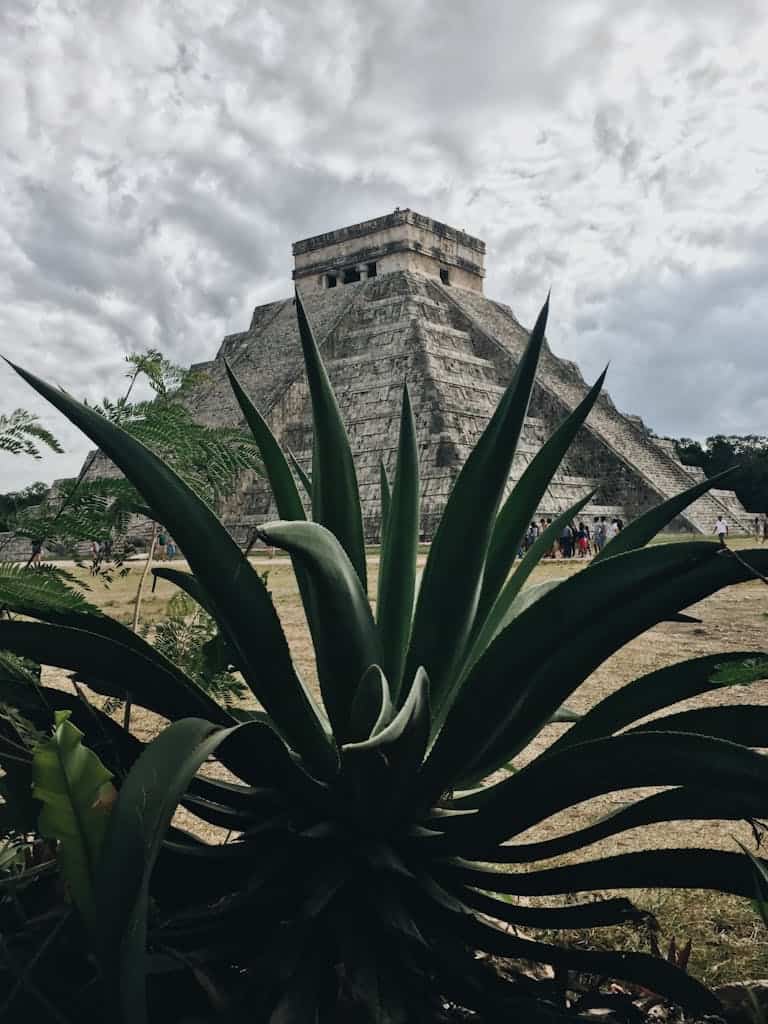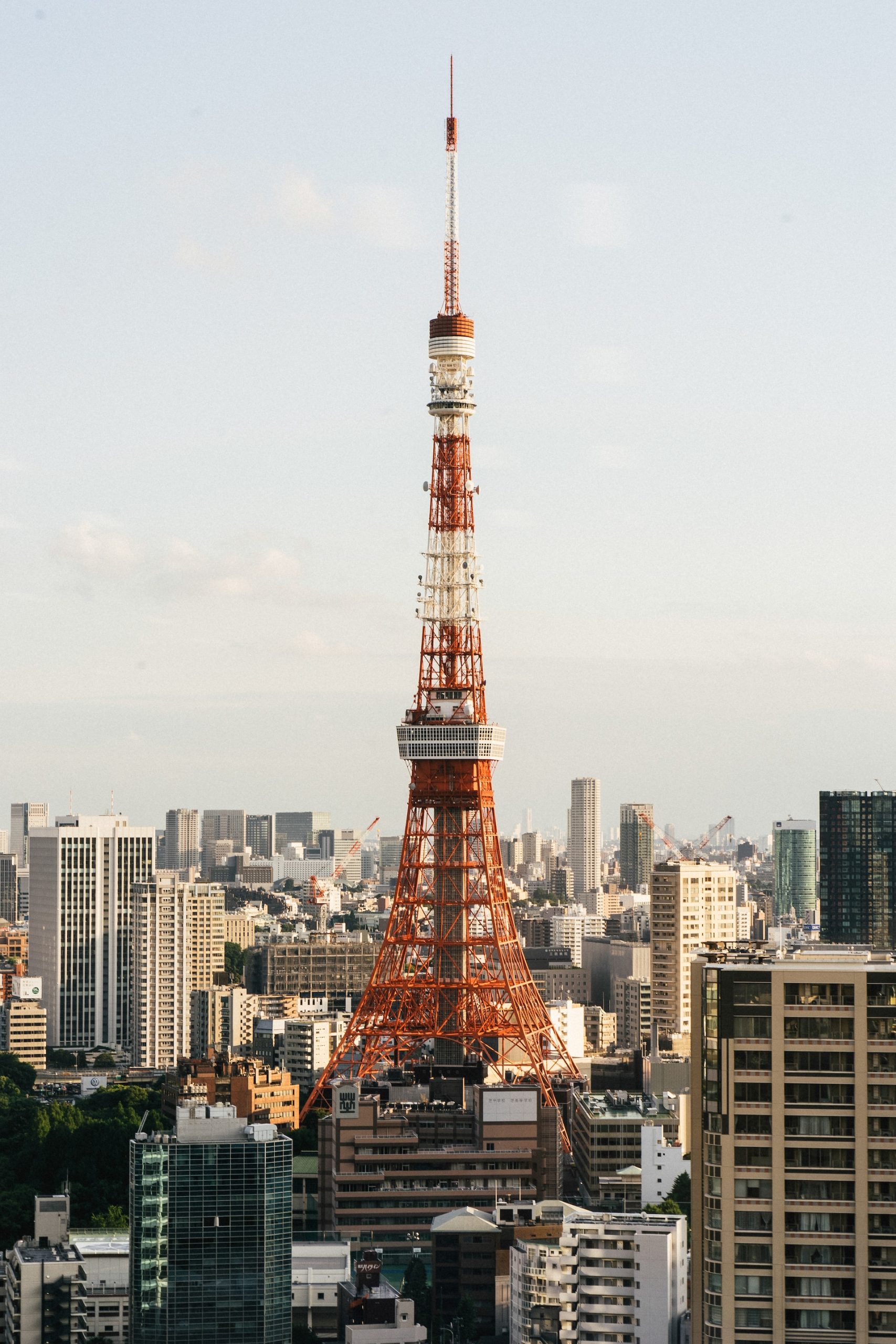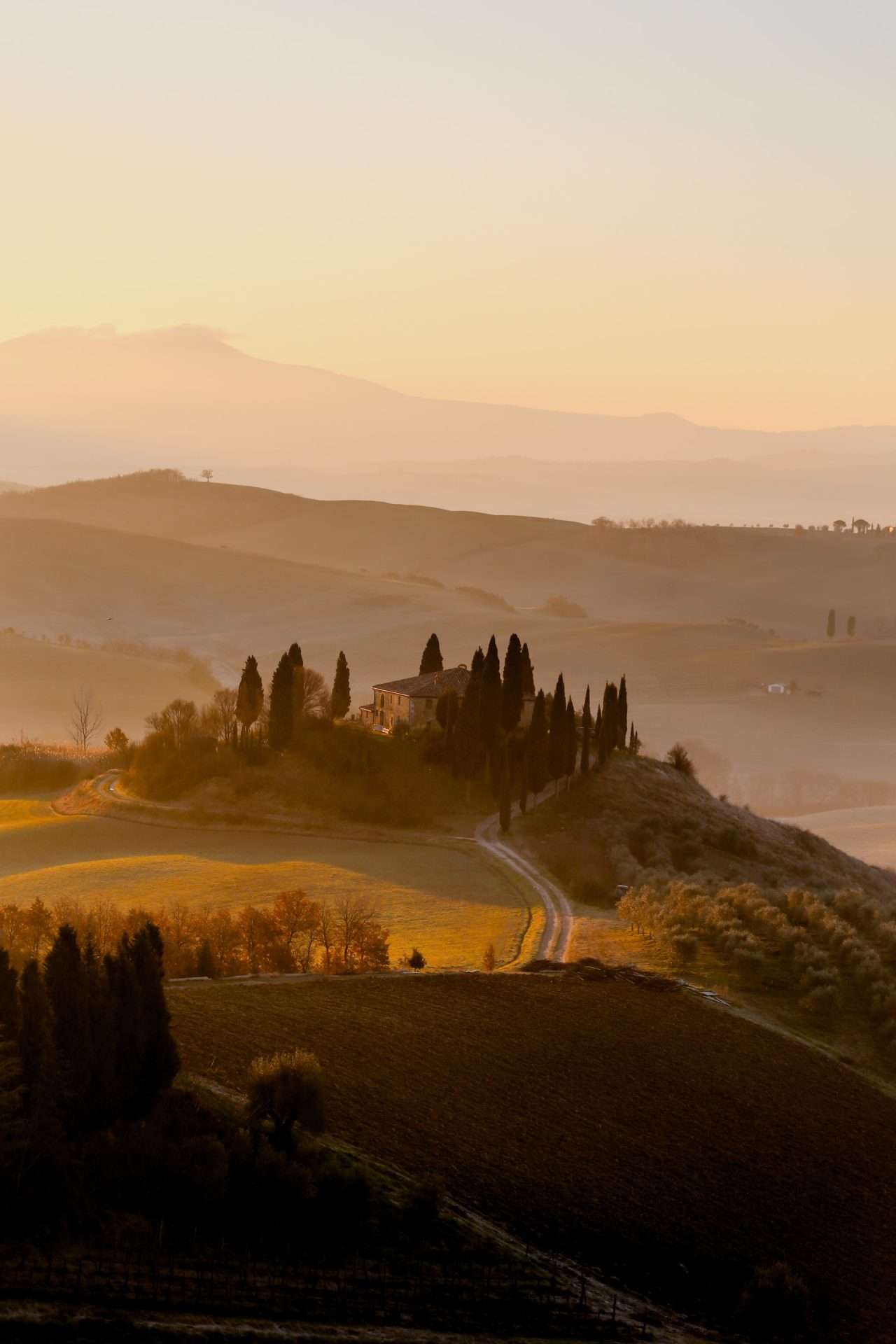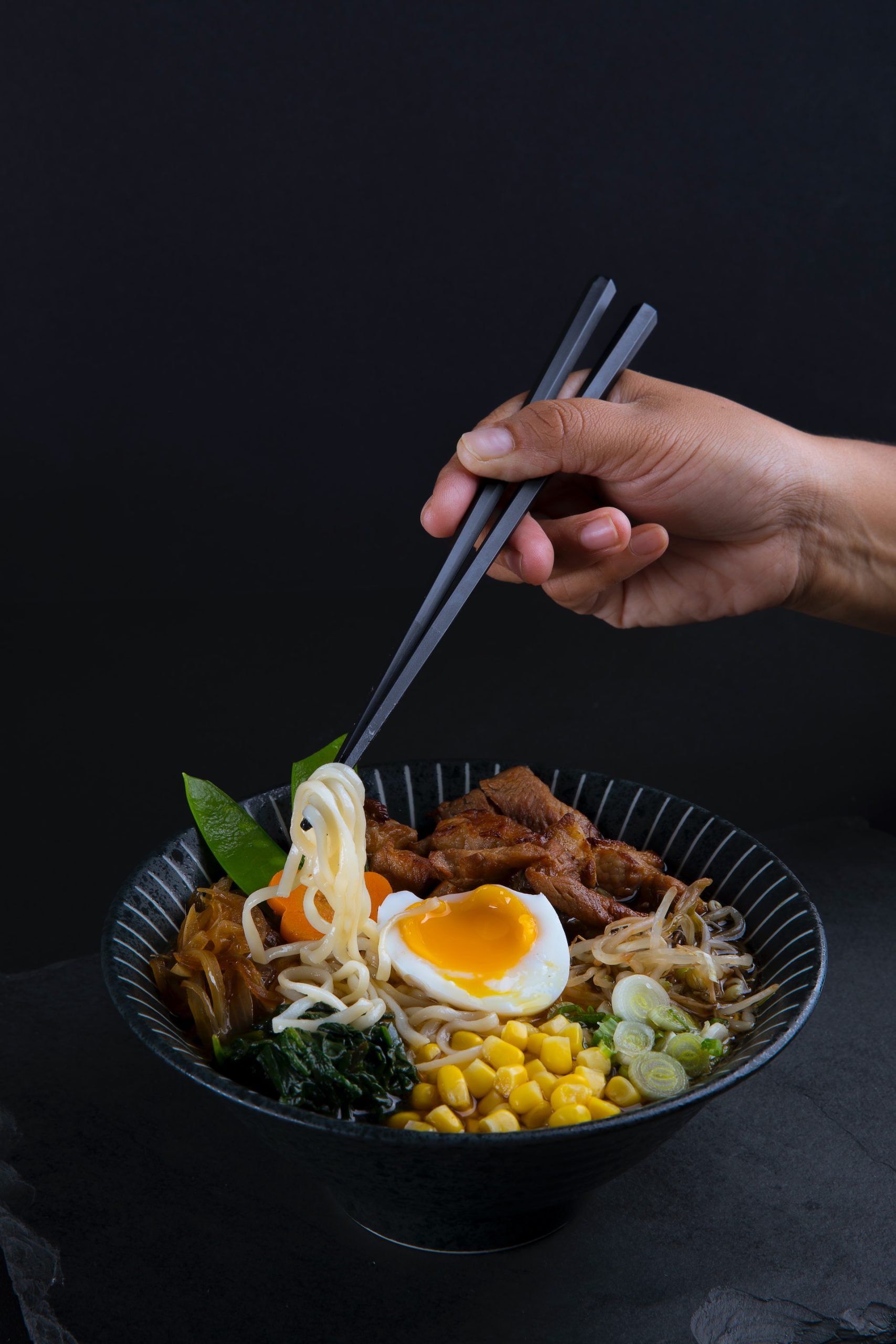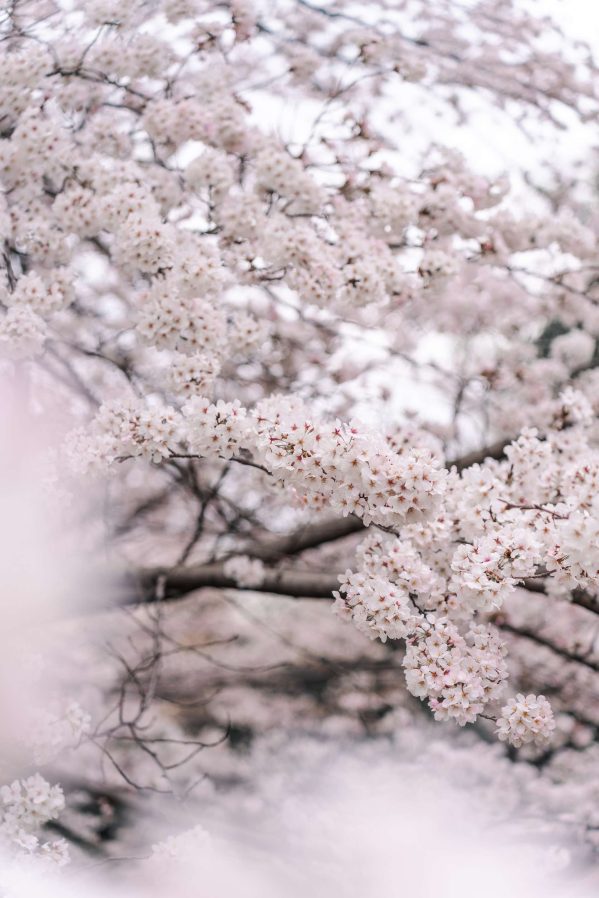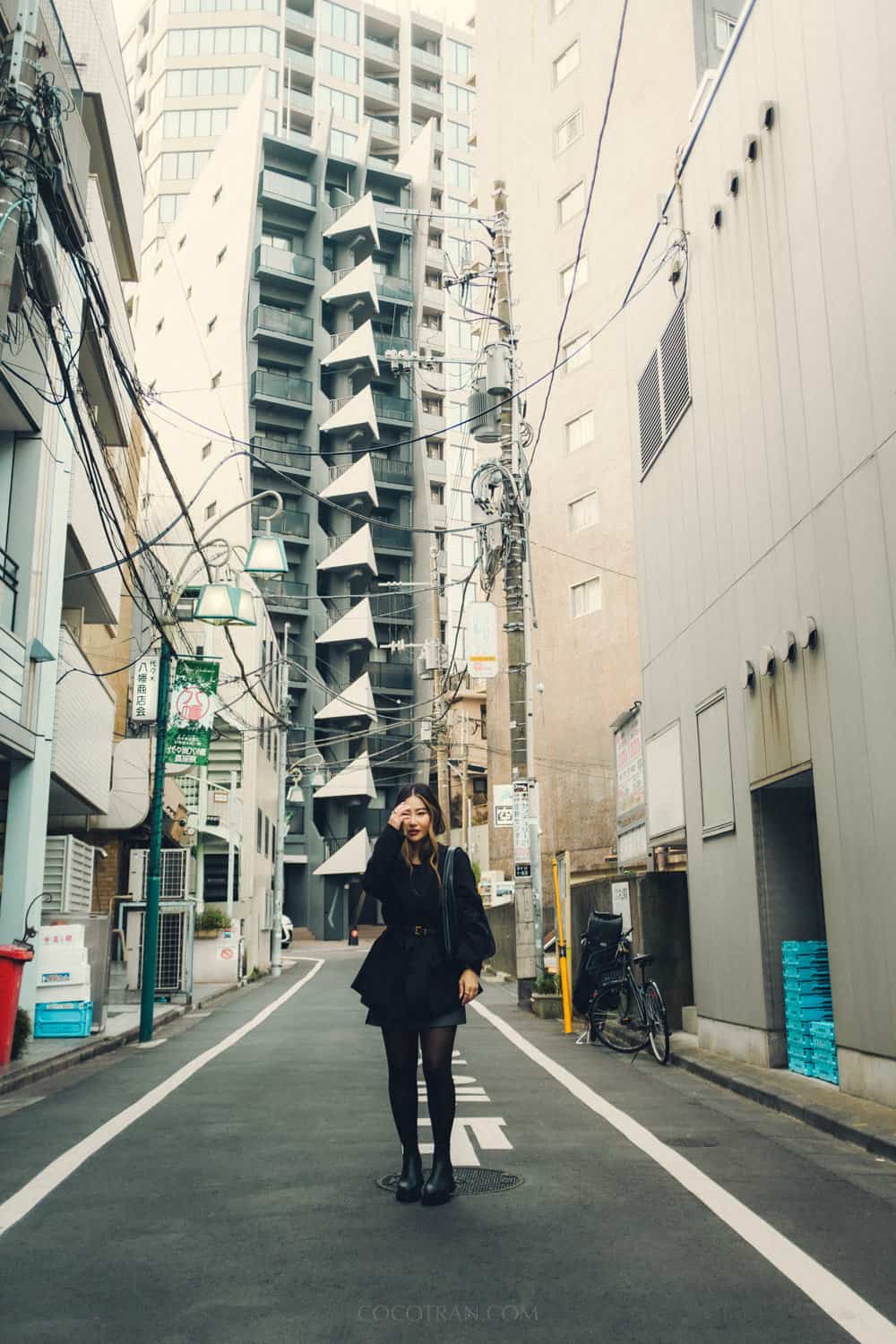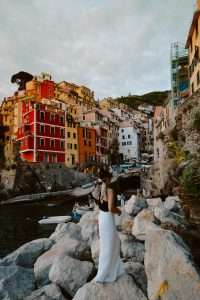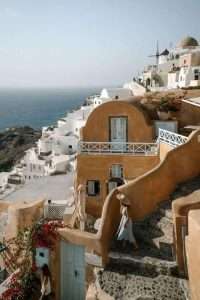52 Fascinating Facts about Tokyo
Tokyo, the vibrant capital city of Japan, is a fascinating destination that attracts millions of tourists from around the world (me being one of them). With its unique blend of modernity and tradition, Tokyo offers a plethora of captivating experiences for you to explore.
52 Fascinating Facts about Tokyo
READY TO BOOK YOUR TRIP?
Best Travel Resources to plan your trip
more helpful travel resources
*This site contains product affiliate links, and I may get a commission, which costs you nothing extra. Thanks for your support
interesting Facts about tokyo Japan
Tokyo japan Facts
From its bustling streets and towering skyscrapers to its tranquil gardens and historic temples, this metropolis is a treasure trove of interesting facts that are sure to intrigue any traveler.
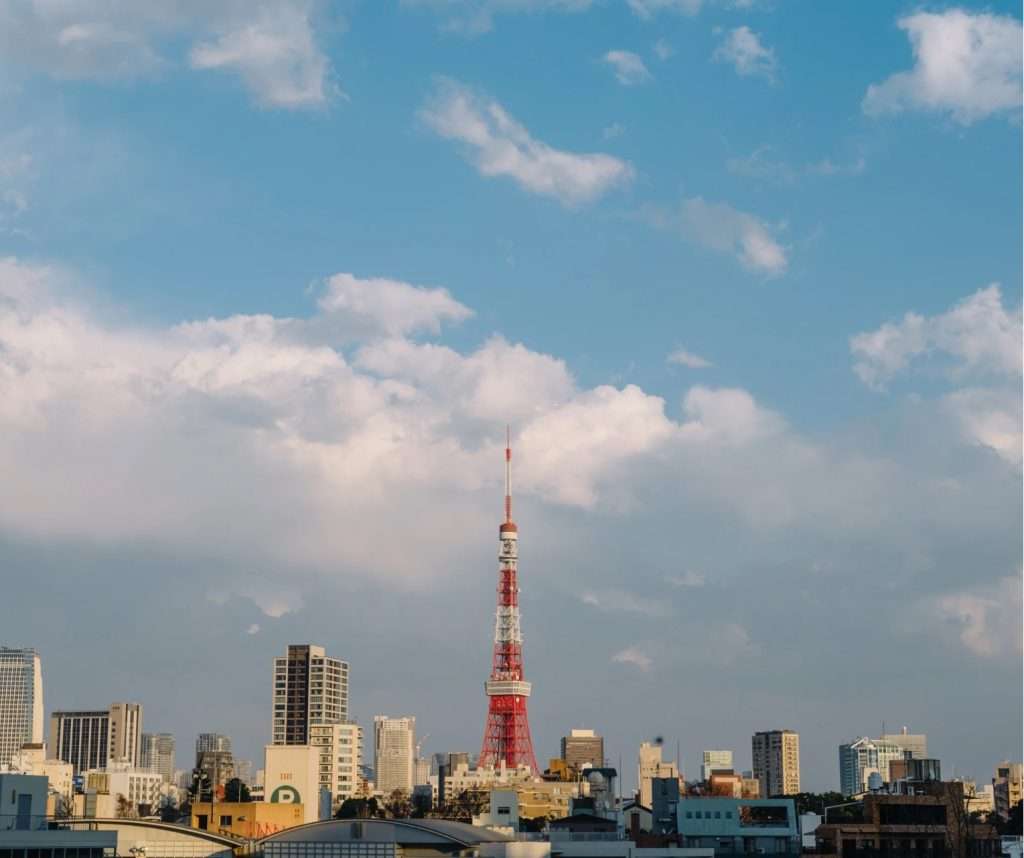
facts about tokyo
Tokyo is the world’s most populous metropolis, with over 37 million residents.
Tokyo used to be a small fishing village during the Edo period
Edo Period: Tokyo, then known as Edo, served as the political and cultural center of Japan during the Edo Period (1603-1868). The city experienced significant growth and development under the rule of the Tokugawa shogunate.
The Metropolitan Area’s Size: Tokyo’s vast metropolitan area is home to more than 37 million people, making it the most populous urban area in the world. It’s sheer size and population density create a dynamic and vibrant atmosphere that defines the city’s energy.
Unique Street Names: Tokyo’s streets have intriguing names that reflect the city’s history and culture. From the famous Ginza shopping district to the vibrant Takeshita Street in Harajuku, each street carries its own story and charm, offering a glimpse into different facets of Tokyo’s identity.
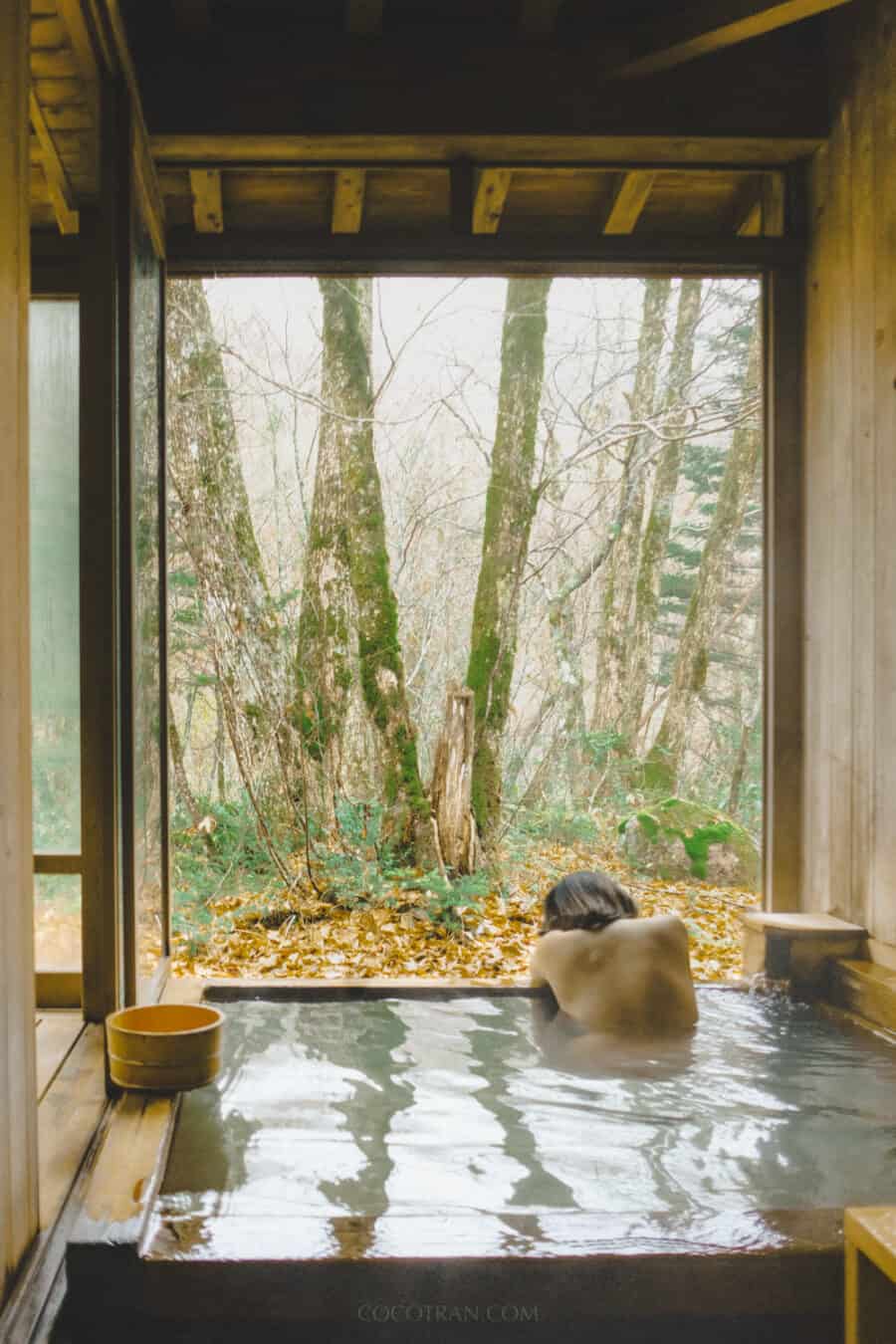
The city’s subway system is one of the most extensive and efficient in the world, catering to millions of commuters every day.
Tokyo Tower, inspired by the Eiffel Tower, is an iconic landmark that offers breathtaking views of the city.
Tokyo is a haven for technology enthusiasts, with cutting-edge gadgets and innovations constantly emerging from the city’s tech industry.
The city’s vending machines are the most unique! With a wide variety of products, including hot meals, fresh produce, and even umbrellas.
Tokyo Disneyland and Tokyo DisneySea attract more visitors annually than any other theme park in Japan.
The city’s cherry blossom season is celebrated with hanami, traditional flower-viewing parties held in parks and gardens.
interesting facts about tokyo
Tokyo has a vast network of izakayas, traditional Japanese pubs, where locals gather to socialize and enjoy small plates of delicious food. Tip: the most popular ones are in Shinjuku “memory lane” and “golden gai” streets.
The Tsukiji Fish Market was relocated to Toyosu Market in 2018, but it still remains a popular destination for seafood lovers. It’s a must visit for some amazing street food!
Tokyo is home to the world’s busiest train station im the world! Shinjuku Station, which sees millions of passengers pass through its gates each day.
Robot Restaurants: Tokyo takes dining to a whole new level with its futuristic robot restaurants. These establishments feature robot performers, including giant mechas and humanoid robots, putting on dazzling shows while guests enjoy their meals. It’s a mesmerizing experience that showcases the city’s technological prowess.
The Tsukiji Fish Market Tuna Auction: Before its relocation, the Tsukiji Fish Market was famous for its early morning tuna auctions. You could witness the lively bidding wars between buyers and marvel at the enormous size of the prized bluefin tuna. It was a rare opportunity to glimpse the inner workings of Japan’s seafood industry.
Street Crossing Madness: Shibuya Crossing, often dubbed the busiest pedestrian crossing in the world, is a spectacle to behold. During peak hours, the intersection is flooded with thousands of people crossing simultaneously from all directions, creating a mesmerizing organized chaos that epitomizes Tokyo’s fast-paced lifestyle.
Nezu Museum’s Hidden Garden: Nestled in the heart of Tokyo, the Nezu Museum is known for its impressive collection of Asian art. However, what truly sets it apart is its hidden garden. A tranquil oasis in the midst of the bustling city, the garden features winding paths, vibrant flora, and a picturesque pond that exudes serenity and natural beauty.
facts about tokyo
Themed Cafes Galore: Tokyo is famous for its themed cafes that cater to a wide range of interests. From cat cafes and owl cafes to maid cafes and even vampire cafes, there’s a themed establishment to suit every taste and preference. It’s a testament to Tokyo’s penchant for imaginative and out-of-the-box experiences.
Unique Vending Machines: Tokyo’s vending machines are the most unique and it’s said that there are 1 vending machine per 2 persons! It’s a convenience unlike anywhere else in the world.
Quirky Museums: Tokyo is home to numerous offbeat and peculiar museums. From the bizarre Parasite Museum, which showcases various parasites and their impact on humans, to the Meguro Parasitological Museum, dedicated solely to the study of parasites, these unconventional institutions offer a glimpse into the intriguing world of the unusual.
Historical Shrines and Temples: Amidst modernity, Tokyo preserves its rich cultural heritage with stunning shrines and temples. The Meiji Shrine, dedicated to Emperor Meiji and Empress Shoken, offers a serene retreat within a lush forest, while Senso-ji Temple in Asakusa stands as Tokyo’s oldest and most significant Buddhist temple, attracting throngs of visitors seeking blessings and cultural immersion.
Unique Fashion Subcultures: Tokyo’s fashion scene is a melting pot of creativity and individuality. Alongside mainstream fashion, the city is known for its distinct subcultures. From the punk-inspired style of Harajuku’s fashion rebels to the gender-bending aesthetics of the visual kei movement, Tokyo embraces diversity and self-expression through its vibrant street fashion.
Tokyo Disneyland’s Haunted Mansion: Tokyo Disneyland has its own unique version of the Haunted Mansion attraction. The Tokyo Disneyland Haunted Mansion features an original storyline and distinctive scenes, captivating visitors with its hauntingly delightful experience that sets it apart from its counterparts in other Disney parks.
More Japan Articles
facts about tokyo
Karaoke Culture: Karaoke holds a special place in Tokyo’s entertainment scene. The city boasts countless karaoke establishments where locals and tourists can unleash their inner divas and rock stars in private rooms equipped with state-of-the-art sound systems. It’s a beloved pastime that showcases Tokyo’s love for music and entertainment.
Facts about Tokyo Skytree: Standing tall at a height of 634 meters, the Tokyo Skytree is the tallest tower in Japan. Its observation decks has breathtaking panoramic views of the cityscape, allowing you to witness the sprawling metropolis from a whole new perspective.
2D Cafe: Tokyo is known for its quirky cafes, and one that stands out is the 2D Cafe. Stepping into this unique establishment feels like entering a two-dimensional world. The furniture, walls, and even the food and beverages are designed to resemble hand-drawn illustrations, creating an immersive and surreal experience.
Underground Bike Parks: In a city where space is limited, Tokyo has found innovative solutions for bike parking. Underground bike parks, such as the one located beneath Kasai Station, allow cyclists to securely store their bikes below ground, saving precious space and ensuring convenience for commuters.
Edogawa Fireworks Festival: Every August, Tokyo’s Edogawa ward hosts a spectacular fireworks festival along the banks of the Edogawa River. This vibrant event showcases a dazzling display of fireworks, accompanied by traditional music and food stalls, attracting thousands of visitors who gather to witness the stunning pyrotechnic show.
Digital Art Museum: The teamLab Borderless digital art museum in Tokyo is a groundbreaking attraction that offers an immersive experience of art and technology. Visitors can explore interactive exhibits where digital projections create ever-changing landscapes, merging the boundaries between art and reality.
Sento Bathhouses: Tokyo’s sento bathhouses are communal bathing facilities that hold deep cultural significance. These traditional establishments allow locals and visitors to relax and cleanse themselves in communal baths, providing an opportunity to experience an essential aspect of Japanese culture while rejuvenating both body and mind.
Tokyo’s Green Spaces: While Tokyo is a bustling urban center, it also boasts numerous serene green spaces. From the expansive Ueno Park, home to museums, temples, and a zoo, to the peaceful Shinjuku Gyoen National Garden, where cherry blossoms bloom in spring, these parks offer an escape from the city’s hustle and bustle. It’s like the Central Park of NYC. The similarities between the two cities are very interesting
Hanami Parties: Hanami, meaning “flower viewing,” is a beloved Japanese tradition, and Tokyo embraces it wholeheartedly. During cherry blossom season, locals gather in parks to celebrate with hanami parties. They sit beneath the blooming cherry trees, enjoying picnics, drinks, and good company while admiring the delicate beauty of the blossoms.
Interesting facts about tokyo
Hidden Izakayas: Tokyo is renowned for its culinary scene, and hidden izakayas add an element of intrigue to the dining experience. These tucked-away establishments offer intimate spaces where patrons can savor delicious Japanese dishes, indulge in sake, and immerse themselves in the cozy ambiance of old-world Tokyo.
Odaiba’s Futuristic Architecture: Odaiba, a man-made island in Tokyo Bay, showcases futuristic architecture that sets it apart from the city’s traditional landscape. The area features iconic structures like the futuristic Fuji Television Building, the Rainbow Bridge, and the eye-catching teamLab Borderless digital art museum. It reminds me of Brooklyn in NYC! Tokyo’s Brooklyn, even has a view of the statue of liberty.
Shibuya’s Hachiko Statue: Shibuya’s Hachiko Statue is a testament to loyalty and devotion. The bronze statue depicts Hachiko, an Akita dog that faithfully waited for his deceased owner at Shibuya Station every day for nearly ten years. The statue has become a popular meeting point and a symbol of loyalty in Japanese culture.
Tokyo’s Neighbourhood Specialties: Each neighborhood in Tokyo has its own unique specialty, from Nakano’s vibrant anime and manga scene to Asakusa’s traditional crafts and street food. Exploring these distinct areas reveals the diverse tapestry of Tokyo’s cultural offerings.
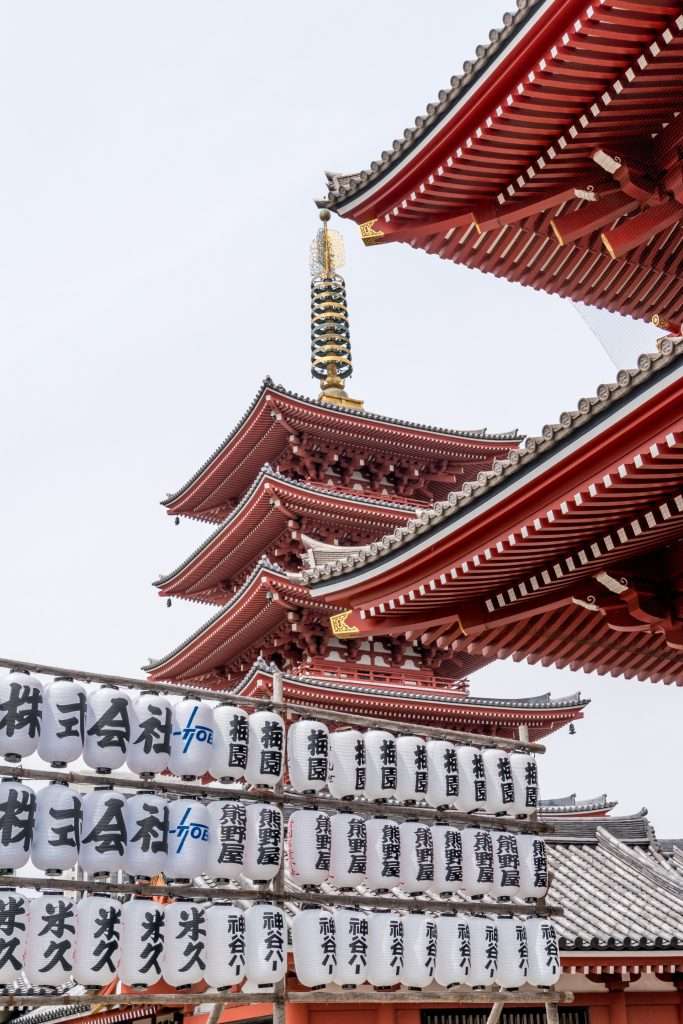
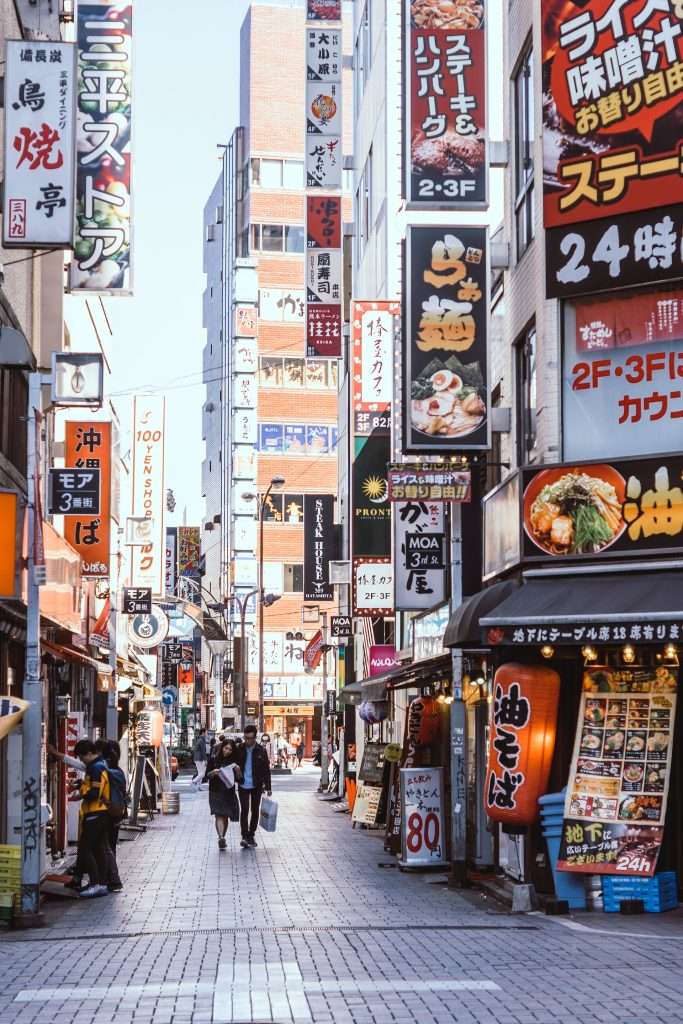
interesting facts about tokyo
japanMaid Cafes: Maid cafes are a distinctive part of Tokyo’s pop culture. These cafes employ waitresses dressed in maid outfits who provide a combination of service and entertainment. Guests can enjoy a cup of tea or coffee while being treated like masters or mistresses in a whimsical and fantasy-like setting.
Monster Building: The Nakagin Capsule Tower in Tokyo is a prime example of Metabolism architecture, characterized by modular and futuristic designs. This architectural marvel consists of two interconnected towers with small capsule apartments, each designed to be a self-contained living space.
24-Hour Vending Machines: Tokyo’s vending machines are not only unique but also incredibly convenient. Many vending machines in the city operate 24/7, offering a wide range of products such as drinks, snacks, hot meals, fresh fruits, and even underwear, ensuring that you can satisfy your cravings at any time of the day or night.
Manga Kissaten: Manga kissaten are traditional Japanese-style cafes where customers can enjoy a cup of coffee or tea while immersing themselves in manga (Japanese comics). These cozy establishments have extensive manga collections that visitors can read for hours, making it a paradise for manga enthusiasts.
Themed Love Hotels: Love hotels in Tokyo take the concept of unique accommodations to a whole new level. These hotels offer elaborately themed rooms, catering to various fantasies and preferences. From futuristic space-themed rooms to traditional Japanese-style rooms, they provide a one-of-a-kind experience for couples!
facts about tokyo
Replica Food Displays: Tokyo is famous for its replica food displays outside restaurants. These intricate and detailed models showcase the dishes available inside, allowing diners to visualize their meals before entering. It’s a fascinating art form that adds an extra level of visual appeal to Tokyo’s dining scene.
Train Station Melodies: Tokyo’s train stations have their own unique melodies. Each station has a distinct jingle or tune that plays before train departures. These melodies serve as audio cues, helping passengers identify their desired stations in the bustling and crowded transportation network.
historical facts about Japan
- Imperial Palace: The Imperial Palace in Tokyo is situated on the former site of Edo Castle, which was the residence of the Tokugawa shoguns. Today, it serves as the official residence of the Emperor of Japan. The palace complex showcases a blend of traditional Japanese architecture and beautiful gardens.
- facts about the tokyo tower Tokyo Tower: Inspired by the Eiffel Tower, Tokyo Tower was constructed in 1958 and quickly became an iconic symbol of the city. Standing at 333 meters tall, it was the tallest structure in Japan until the completion of Tokyo Skytree. Tokyo Tower offers observation decks with panoramic views of the city.
- Meiji Shrine: Meiji Shrine is a Shinto shrine dedicated to Emperor Meiji and Empress Shoken. Built in 1920, the shrine is surrounded by a serene forest in the heart of Tokyo. It serves as a tranquil oasis and an important cultural and religious landmark.
- Asakusa’s Senso-ji Temple: Senso-ji is Tokyo’s oldest Buddhist temple, dating back to the 7th century. Located in Asakusa, it is one of the city’s most popular and culturally significant landmarks. The temple’s vibrant entrance gate, called Kaminarimon, and the bustling Nakamise shopping street leading to the main hall attract millions of visitors each year.
- Tokyo Station: Tokyo Station is a historic railway station that opened in 1914. Known for its striking red-brick facade, the station blends Western and Japanese architectural styles. It has served as a gateway to Tokyo for over a century and continues to be a vital transportation hub.
- Ueno Park: Ueno Park is a vast public park that encompasses several museums, temples, and cultural institutions. It has a rich history dating back to the Edo Period and was originally part of the grounds of Kaneiji Temple. Ueno Park is famous for its cherry blossoms, museums, and the iconic Ueno Zoo.
- Yasukuni Shrine: Yasukuni Shrine is a controversial Shinto shrine dedicated to the spirits of Japan’s war dead, including those who fought in World War II. The shrine has become a focal point for political debates and controversies due to its inclusion of individuals considered war criminals.
- Tokyo National Museum: Established in 1872, the Tokyo National Museum is Japan’s oldest and largest museum. It houses a vast collection of art and artifacts, including important cultural treasures and archaeological finds. The museum provides insight into Japan’s rich history and artistic heritage.
- Hama-rikyu Gardens: Hama-rikyu Gardens is a tranquil oasis in the heart of Tokyo. Originally a feudal lord’s residence, the gardens were opened to the public in 1946. They feature a traditional teahouse, tidal ponds, and meticulously manicured landscapes that reflect the beauty of Japanese garden design.
Ultimate japan travel planning Guide
Planning a trip to japan:
find these helpful articles and resources to plan your trip to Japan:
Tokyo City Guide:
Kyoto City Guide
Takayama City Guide
Kanazawa City Guide
Osaka
nikko
Hakone
Fukuoka
Japan Travel Guide:
FAQ
what is the capital of japan?
capital city of japan is Tokyo
How old is Tokyo city?
Originally named Edo, the city started to flourish after Tokugawa Ieyasu established the Tokugawa Shogunate here in 1603.
What is Tokyo famous for?
Tokyo is known to be a sprawling and most densely populated metropolitan city that has the cultural significance of modern architecture and old traditional shrines and temples. It is also the city with the most michelin star restaurants in the world.
Is Tokyo very clean?
Tokyo is the cleanest city in the world! It’s ingrained in the Japanese culture to keep things tidy and orderly.
How big is Tokyo?
Tokyo is 847 squre miles large


